“The Great Plan of Happiness”
Alma 40 – 42
LDS manual: here
Purpose
To show Joseph Smith’s tendency to plagiarism, and to encourage readers to take time for things that matter.
Reading
For this reading, Alma continues his discussion about the Plan of Happiness. That means it’s time for this chart again (taken from the Gospel Doctrine manual). Maybe you’ve seen it.

It’s lovely, isn’t it. As a kid, I always felt grateful that we had the Full Plan of What Life Was All About. And it was as simple as drawing circles on a board! (Which I did many times in teaching discussions to investigators.)
However, as basic as this plan is, it looks like the Book of Mormon contains no trace of it. How about that! Is this a case of God revealing things “line upon line”? Or had Joseph Smith not made it up yet?
Or perhaps Joseph Smith hadn’t yet run into the work Emanuel Swedeborg, a visionary and occult mystic from the 1700s? Swedeborg’s 1784 book Heaven and Hell and Its Wonders has a vision of heaven, and it comes in three flavours.
Swedenborg insisted: “There are three heavens,” described as “entirely distinct from each other.” He called the highest heaven “the Celestial Kingdom,” and stated that the inhabitants of the three heavens corresponded to the “sun, moon and stars.”
Celestial Kingdom, eh? That sounds familiar.
Not only that, but Joseph Smith probably became familiar with his work.
A library near the Smith home carried the book, Sibly’s Complete Illustration of the Occult Sciences. Historian Michael Quinn has already demonstrated that this book is the likely source for the Smith family’s magic parchments.
…
Joseph himself acknowledged his familiarity with Swedenborg. In 1839, Edward Hunter, a convert from Swedenborgianism, recorded a conversation with Joseph:
“I asked him if he was acquainted with the Sweadenburgers. His answer I verially believe. ‘Emanuel Sweadenburg had a view of the world to come but for daily food he perished.’” (William E. Hunter, Edward Hunter: Faithful Steward, pg. 316, original spelling).
And would you believe that the ideas of the three heavens was incredibly controversial in Smith’s time?
In fact, Smith’s description of the “Celestial Kingdom” was not only a copy from earlier written works, but also very controversial to the Latter-Day Saints.
The diaries of Orson Pratt and John Murdock from the 1830’s record their efforts to reassure members who questioned the 1832 vision of heaven. The two men described countless excommunications of Mormons, including branch presidents, who denounced “the degrees of glory” as a “satanic revelation.” Even Brigham Young had a hard time with it at first and described it as “a trial to many.”
Why were faithful Mormons choking on this idea of three heavens?
Quinn explains that it’s because members correctly recognized it as coming from the occult. The only other sources of separate degrees in heaven came from occult writers of Smith’s time.
Shoot, they knew Smith had been dabbling in the weird occult stuff.
Plagiarised or no, it’s not like having more circles on your chart makes any more sense. What it all really means is this:
Main ideas for this lesson
No one knows
Alma does his best to explain the resurrection.
Alma 40:4 Behold, there is a time appointed that all shall come forth from the dead. Now when this time cometh no one knows; but God knoweth the time which is appointed.
40:5 Now, whether there shall be one time, or a second time, or a third time, that men shall come forth from the dead, it mattereth not; for God knoweth all these things; and it sufficeth me to know that this is the case — that there is a time appointed that all shall rise from the dead.
Gee, he doesn’t know very much. The LDS Gospel Doctrine manual excuses Alma’s ignorance thus:
• Alma mentioned several things that he did not know about death and resurrection (Alma 40:2–5, 8, 19–21). What can we learn from the fact that Alma testified of the doctrine of resurrection even though he did not know all the details about it? (Help class members see that it is not necessary to understand every detail of a doctrine or event before receiving a testimony of its truthfulness.)
Ask: If someone claims to be a prophet, and have a direct line to God, then is their ignorance really excusable?
In the absense of a reliable source, I’ll go with this, which has the advantage of being observably true.
Click here to see the full comic.
But Alma soldiers on.
Alma 40:11 Now, concerning the state of the soul between death and the resurrection — Behold, it has been made known unto me by an angel, that the spirits of all men, as soon as they are departed from this mortal body, yea, the spirits of all men, whether they be good or evil, are taken home to that God who gave them life.
Wait — an angel told him? That’s what Korihor said.
Alma 40:12 And then shall it come to pass, that the spirits of those who are righteous are received into a state of happiness, which is called paradise, a state of rest, a state of peace, where they shall rest from all their troubles and from all care, and sorrow.
40:13 And then shall it come to pass, that the spirits of the wicked, yea, who are evil — for behold, they have no part nor portion of the Spirit of the Lord for behold, they chose evil works rather than good; therefore the spirit of the devil did enter into them, and take possession of their house — and these shall be cast out into outer darkness; there shall be weeping, and wailing, and gnashing of teeth, and this because of their own iniquity, being led captive by the will of the devil.
This all sounds like Christian heaven and hell to me. Of course, this would later clash with Joseph’s newfangled three-degrees idea — to say nothing of “outer darkness” — so it was necessary to retool this into “spirit paradise” and “spirit prison”. It’s all very clever how things work out in the long run.
Alma 40:14 Now this is the state of the souls of the wicked, yea, in darkness, and a state of awful, fearful looking for the fiery indignation of the wrath of God upon them; thus they remain in this state, as well as the righteous in paradise, until the time of their resurrection.
Joseph Smith is plagiarising the author of Hebrews.
Hebrews 10:26 For if we sin wilfully after that we have received the knowledge of the truth, there remaineth no more sacrifice for sins,
10:27 But a certain fearful looking for of judgment and fiery indignation, which shall devour the adversaries.
Ask: Freaking heck — did Joseph Smith plagiarise everything?
Probationary state
Alma says that this life is a probationary state.
Alma 42:2 Now behold, my son, I will explain this thing unto thee. For behold, after the Lord God sent our first parents forth from the garden of Eden, to till the ground, from whence they were taken — yea, he drew out the man, and he placed at the east end of the garden of Eden, cherubim, and a flaming sword which turned every way, to keep the tree of life —
42:3 Now, we see that the man had become as God, knowing good and evil; and lest he should put forth his hand, and take also of the tree of life, and eat and live forever, the Lord God placed cherubim and the flaming sword, that he should not partake of the fruit —
42:4 And thus we see, that there was a time granted unto man to repent, yea, a probationary time, a time to repent and serve God.
In this lesson, I gave some reasons why this life being a “probationary” state was a silly and wrong-headed idea. Here’s the short version:
God sent us to earth, having wiped our memory, so already the deck is stacked against us. Then he punishes Adam and Eve for taking a piece of fruit when they didn’t know it was wrong to do so. Or they wanted knowledge of good and evil, which is supposed to be a good thing. God punishes them and all of us by having us born into a fallen system. So already this is a set-up.
Alma 42:5 For behold, if Adam had put forth his hand immediately, and partaken of the tree of life, he would have lived forever, according to the word of God, having no space for repentance; yea, and also the word of God would have been void, and the great plan of salvation would have been frustrated.
42:6 But behold, pit was appointed unto man to die — therefore, as they were cut off from the tree of life they should be cut off from the face of the earth — and man became lost forever, yea, they became fallen man.
42:7 And now, ye see by this that our first parents were cut off both temporally and spiritually from the presence of the Lord; and thus we see they became subjects to follow after their own will.
…
42:12 And now, there was no means to reclaim men from this fallen state, which man had brought upon himself because of his own disobedience;
Brought upon himself? God set this system up. If he hadn’t wanted it to be this way, he could have arranged it differently. Why didn’t he?
God would “cease to be God”
Alma 42:13 Therefore, according to justice, the plan of redemption could not be brought about, only on conditions of repentance of men in this probationary state, yea, this preparatory state; for except it were for these conditions, mercy could not take effect except it should destroy the work of justice. Now the work of justice could not be destroyed; if so, God would cease to be God.
Would God cease to be God if he did something unfair or wrong? This raises an interesting theological conundrum.
I’m no theologian, but in discussions I’ve had with believers, God’s position seems pretty much set. After all, if he’s the Almighty One and some kind of moral expert, then what standard would we use to say he was doing something wrong? That’s if he’s the one making the rules.
But on the other hand, what if he weren’t? What if there were rules or principles that God had to obey? This is the view we’re taking if we say that God could “cease to be God”.
But if that’s the case — if God doesn’t make the rules, and he’s bound to principles that he has to obey — then why worship him? We could save a step and just worship the principles. Cut out the middleman. Clearly the principles are higher than he is, since he has to obey them.
Back to the first hand. If we’re wrong, and whatever God says goes, then we have another problem. He could declare by divine decree that murder was okay. Or that chocolate ice cream was wrong.
In other words, is a thing good because God says it’s good, in which case we’re bound to a moral tyrant who declares things sinful for arbitrary reasons? Or is the goodness in the thing itself, in which case God can safely be ignored? This is Euthyphro’s Dilemma, and it’s a game-ender for claims to theistic “objective morality”.
Cake or death
And finally, God gives us a choice: either we partake of the waters of life, or “evil shall be done unto” us.
Alma 42:27 Therefore, O my son, whosoever will come may come and partake of the waters of life freely; and whosoever will not come the same is not compelled to come; but in the last day it shall be restored unto him according to his deeds.
42:28 If he has desired to do evil, and has not repented in his days, behold, evil shall be done unto him, according to the restoration of God.
Remember, you’re not compelled — but if you don’t, torment forever. This is God’s idea of a free choice.
For more about why Jesus’s atonement makes no sense, check out New Testament Lesson 25.
Additional lesson ideas
More about ‘God would “cease to be God”‘
There’s something else strange about this verse.
Alma 42:13 Therefore, according to justice, the plan of redemption could not be brought about, only on conditions of repentance of men in this probationary state, yea, this preparatory state; for except it were for these conditions, mercy could not take effect except it should destroy the work of justice. Now the work of justice could not be destroyed; if so, God would cease to be God.
This is a funny sort of expression. It doesn’t seem to come up anywhere else in my experience. And whenever that happens, it makes me wonder if that was an idea that was floating around at the time Joseph Smith was working on the Book of Mormon. This is the same thing I found when I investigated the Mormon teaching that Jesus “bled from every pore”. (Scroll to the bottom of this post for more about that.)
So let’s investigate. We’ll do a quick Google Ngram search for “would cease to be God”. Here’s the chart.
Wow, look at that spike in 1820! This was clearly an idea that people were writing about in Joseph Smith’s time. No wonder it found its way into the Book of Mormon.
And if we zoom in on some of the books, we find a discourse about — what a coincidence! — the state of the soul after the dissolution of the body.
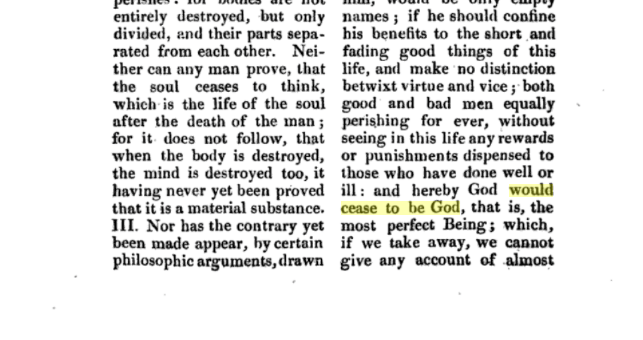
The full text:
And this one:
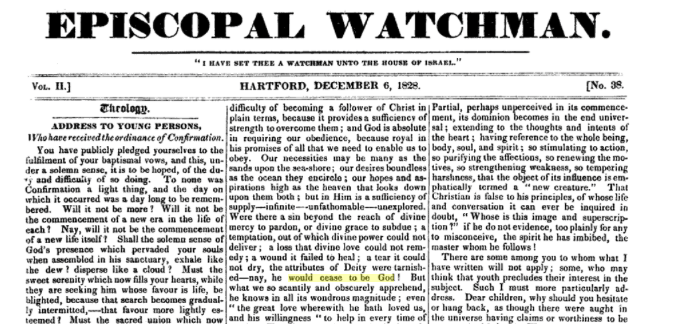
Again, the full text:
I have no idea if Smith or his friends would have had access to these books. But the idea that God could “cease to be God” if he did something wrong was clearly going around. The Book of Mormon is not a product of pre-Jesus Central America. It’s very much a product of 19th-century frontier-American theology. Whatever they were talking and writing about, that’s what got in.
Joseph Smith was a kind of cultural magpie. He borrowed whatever was at hand to construct an increasingly elaborate — and at times, contradictory — theology.
Wickedness never was happiness
Here’s a very popular verse.
Alma 41:10 Do not suppose, because it has been spoken concerning restoration, that ye shall be restored from sin to happiness. Behold, I say unto you, wickedness never was happiness.
41:11 And now, my son, all men that are in a state of nature, or I would say, in a carnal state, are pin the gall of bitterness and in the bonds of iniquity; they are without God in the world, and they have gone contrary to the nature of God; therefore, they are in a state contrary to the nature of happiness.
The LDS Gospel Doctrine manual says this:
• Alma explained that Corianton could not be restored from sin to happiness because “wickedness never was happiness” (Alma 41:10). Why can’t wickedness bring happiness? (See Alma 41:10–13; Helaman 13:38.) How would you respond to the argument that some people seem to find happiness in activities that are against the commandments?
Latter-day Saints are in a strange position. They claim that the Gospel makes them happy, while they more or less admit that actual church is kind of unenjoyable. And so they tolerate the unnecessary and self-inflicted strictures, while gazing enviously at those on the outside.
They have to invent some kind of narrative to explain this, and very often, it’s that other people aren’t “really happy”. Glenn Pace made that the title of a General Conference talk.
When our children were younger and we would be on our way to Sunday church meetings, occasionally we would pass a car pulling a boat. My children would become silent and press their noses against the windows and ask, “Dad, why can’t we go waterskiing today instead of to church?”
Sometimes I would take the easy but cowardly way out and answer, “It’s simple; we don’t have a boat.” However, on my more conscientious days, I would muster up all the logic and spirituality available to a patriarch of a family and try to explain how much happier our family was because of our Church activity.
I first realized I wasn’t getting through when on a subsequent Sunday we saw a family laughing and excited as they loaded their snow skis onto their car. One of my teenage sons said with a sly grin, “They’re not really happy, huh, Dad?” That statement has become a family joke whenever we see someone doing something we cannot do. When I see a teenager driving a beautiful, expensive sports car, I say to my sons, “Now there’s one miserable guy.”
It’s funny in that Mormon Dad way, but it’s also kind of tragic. How many hours did we spend in meetings, instead of having great times together? How many hours did we spend away from home in Stake Meetings, propping up a system that wasn’t true? How much money and effort did we expend on something that didn’t really matter? Were we really happy doing so? Or were we putting up with it so we could have happiness in the “next life”?
President Ezra Taft Benson said: “While [people] may take some temporary pleasure in sin, the end result is unhappiness. . . . Sin creates disharmony with God and is depressing to the spirit” (in Conference Report, Oct. 1974, 91; or Ensign, Nov. 1974, 65–66).
This from a person who made a living from creating unnecessary guilt for people who were doing normal things.
Here’s a chart you can refer to when you need to understand the Mormon logic surrounding this area.
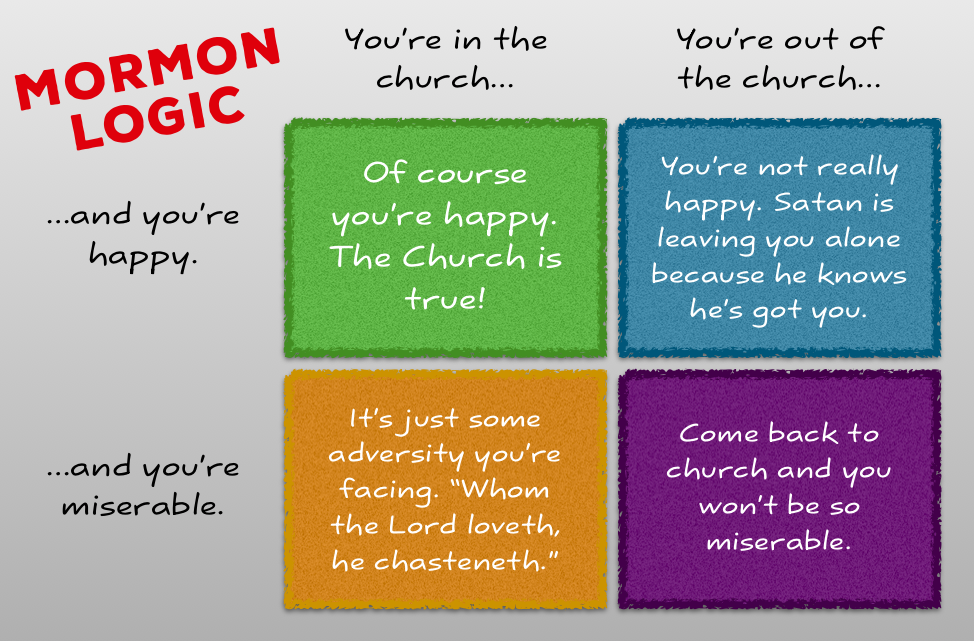
When they said that living a secular and responsible life was “wickedness”, when they denigrated it as simply “fun”… they were wrong. As they were wrong about everything else.
I think it’s important to call this what it is — sourness — and reject it.
Listen to this performance of Roderick Williams singing George Butterworth’s song ‘Bredon Hill’ (from A Shropshire Lad).
Ask: How do you think he felt when she ignored the church bells and stayed with him? Have you had the opportunity to have a lie-in with someone wonderful on a Sunday morning? How did it compare to sitting in church? Which gave you a better opportunity to feel like you were enjoying what life was really about?
Ask: How does he feel at the end of the song? Why is it important to spend time with those you love?
Watch Lin-Manuel Miranda’s sonnet from his Tony acceptance speech.
Ask: What are we promised in this life? Why is important to not waste one day?
We can live good, ethical, responsible lives as unbelievers. It’s the only life we know we’re getting. Let’s not waste a single day on unreason or smallness of spirit.
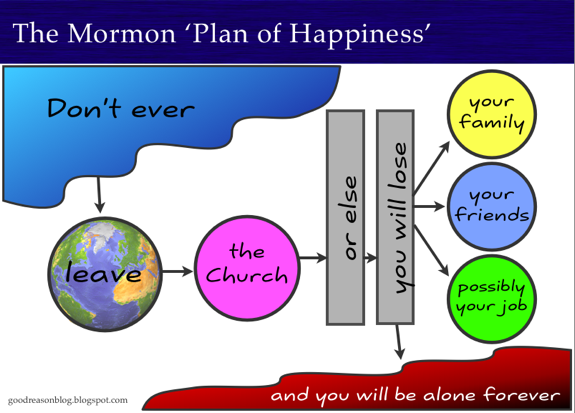
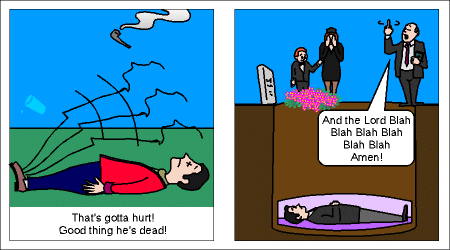
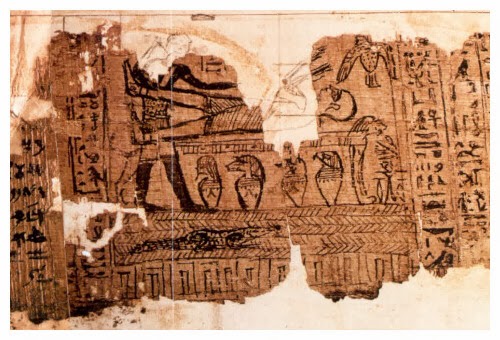
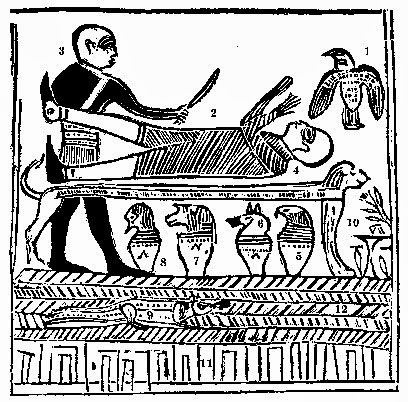
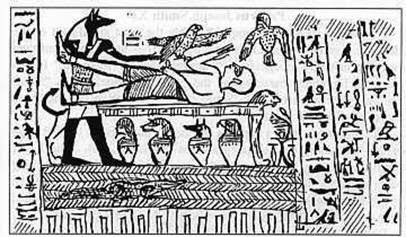
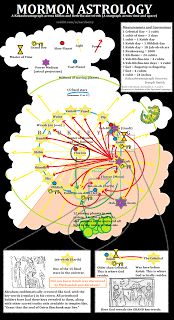
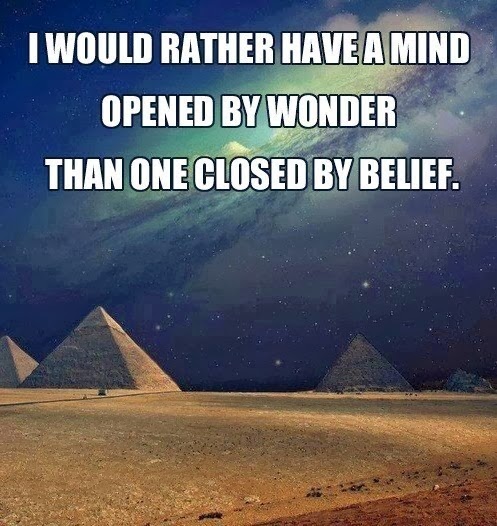
Recent Comments